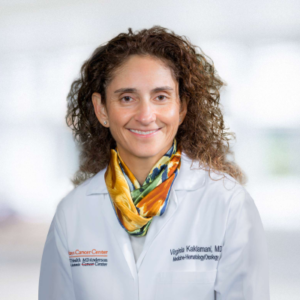The 2023 San Antonio Breast Cancer Symposium (SABCS), held Dec. 5-9 at the city’s Henry B. Gonzalez Convention Center, had a record-setting attendance with 10,874 registered attendees from 102 countries.
To access this subscriber-only content please log in or subscribe.
If your institution has a site license, log in with IP-login or register for a sponsored account.*
*Not all site licenses are enrolled in sponsored accounts.
Login Subscribe
If your institution has a site license, log in with IP-login or register for a sponsored account.*
*Not all site licenses are enrolled in sponsored accounts.
Login Subscribe









